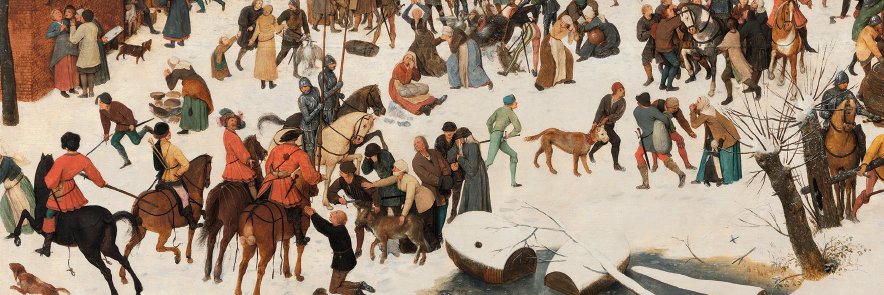
Mark Koyama
@MarkKoyama
Author of Persecution & Toleration (http://tinyurl.com/y28c7ey5) & How the World Became Rich (https://tinyurl.com/3h8). Substack (https://tinyurl.com/njte3wvk)
I'm setting up a economic history newsletter. If interested please subscribe to How the World Became Rich markkoyama.substack.com/?utm_source=na…
CSPC's @JF_Schulz joins the Game Changer podcast to discuss how Church marriage rules restructured Europe’s social fabric -- reshaping innovation and trust. Listen: tws-gamechanger.libsyn.com/the-marriage-p… #EconomicHistory #GMUEcon #economics
New in Broadstreet, @LArroyoAbad and @jasanchezespin discuss The Making of America: migration in colonial times. broadstreet.blog/p/the-making-o…
Far UVC can cut airborne bacteria by 98.4 percent, and could do the same for viruses, preventing diseases spread in public spaces. But it is held back because it is unpatentable, which means it is unproven, unregulated, and untrusted. We can fix this. worksinprogress.news/p/flipping-the…
As several people requested, I am posting the video of Lecture 1 | Economic Thought from Aristotle to Scholasticism: youtu.be/AcRGlVCJP_g?si… All future videos will be posted here: sites.google.com/view/foundatio… Thanks!
Read why the Magna Carta still matters in @MarkKoyama's latest at Fusion: fusionaier.org/post/why-magna…
Bet you didn't know that this week is the anniversary of Magna Carta (June 15, 1215). Mark Koyama @GeorgeMasonU @mercatus reflects on why an old document still matters.
Why Magna Carta still matters fusionaier.org/post/why-magna…

From 2023: John Kroencke reviews 'How the World Became Rich' by @MarkKoyama and Jared Rubin 🔗theceme.org/john-kroencke-…
Ron Chernow’s new book, Mark Twain, just landed on my Kindle. I’ve been eagerly awaiting it for months, ever since it was announced. All of Chernow’s books are absolute masterpieces, and I regularly recommend them to my undergrads in U.S. Economic History, in particular The…
1/ Early-1700s: top degrees from the imperial exams were captured by a few rich coastal provinces. Scholars from poorer or frontier regions almost never made the final list.
"Democracies don't go to war", they say. Tell that to Athens & Syracuse. Super cool analysis of ancient Greek city-states suggests that democracies actually fought more battles! cc @economeager @Patrick_Wyman
New in Broadstreet, @AdeelMalikOx and coauthors ask: Why are frontiers more conflict-prone—and what is the relevance of historical political economy for answering this? broadstreet.blog/p/why-are-fron…
The Handbook of New Institutional Economics is available for free here. link.springer.com/book/10.1007/9… HT: @MarkKoyama
New in Broadstreet, @MarkKoyama discusses A New Edition of the Handbook of New Institutional Economics. broadstreet.blog/p/a-new-editio…
New in Broadstreet, @LArroyoAbad and @noel_maurer on The arm of history is long, but not always strong: The effects of labor coercion in colonial and postcolonial Peru broadstreet.blog/p/the-arm-of-h…
The Hanseatic League was a coalition of German city state merchants that banded together to defend their interests, even to the point of fighting wars when necessary. They lasted 500 years before finally succumbing to Dutch competition. worksinprogress.co/issue/the-rise…
I have announced "Origins of Colonialism" in a previous post. This short work (or long article) is now available to read and download for free until 27 March cambridge.org/core/elements/…